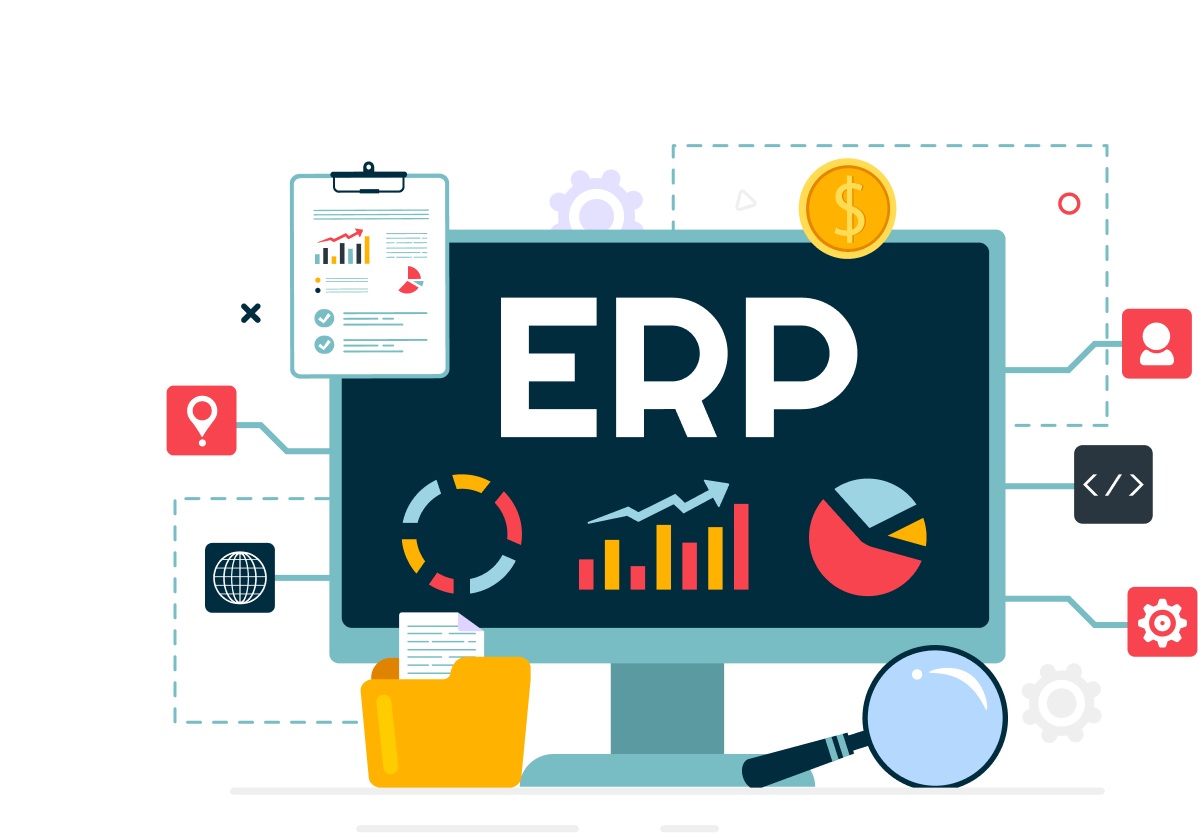What are key ERP software selection criteria?
Choosing the right ERP software is pivotal for your business’s efficiency and growth. Here’s a concise overview of key considerations, from ease of implementation to system integration and user-friendliness.
Key considerations for ERP software selection
- Ease of implementation – you need to have software that can be deployed with minimal disruption as an effective ERP touches every business area.
- Cost of ERP software – the solution needs to meet your budget and deliver ROI – consider license, implementation, and maintenance expenses in your ERP budget planning.
- Growth potential – the software should be scalable and constantly updated to be able to expand along with your business and the needs of the modern supply chain.
- Functionally rich – the software should support and enhance your business processes, but not be so complex as to affect your ROI.
- System Integration – what existing systems, like production, CRM, or collaboration tools, should the ERP replace or integrate with?
- Ease of use – an ERP project can fail, if users do not see the benefit of using ERP or find it too difficult to use. Ensure your ERP is user-friendly and makes their daily life easier from the start.
- The software provider’s reputation – verify the provider’s reputation through customer case studies and testimonials from your ERP shortlist.
- Level of support provided by the software provider – assess the support level from your software provider for both implementation and post-implementation. What SLAs are needed to meet your business objectives?
- Provider Services – What additional services does your ERP provider offer? Align your ambitions, company values, and needs with their capabilities. Do you want ongoing support, do you need coding development, do you need ongoing training?
Making a start with your ERP specifications

This can be the basis of your conversations with potential ERP providers and also be a part of the business case that you prepare to scope ERP.
- What is your sector and what industry processes are specific to you?
- Why the need for an ERP change?
- What is the number of employees in your organization?
- What is your annual turnover as an organization (this helps with ROI)?
- How many sites in your organization will use the ERP solution?
- Your organizational structure. Will all entities use the ERP solution?
- Will all countries your organization operates in use the ERP?
- What languages should the ERP system’s user interface include?
- What is the total number of users of the ERP?
- How will these users access the ERP system?
- What is your budget and what services do you expect within this budget?
- What are your timelines for the ERP deployment phases?
- Describe your IT infrastructure relevant to the ERP project.
- Have you identified skill gaps in your ERP team that require external support?
- What is the functional scope of the ERP software? which advanced features need immediate implementation?
When considering your ERP selection criteria, you need to prioritize functionality: in terms of essential, nice to have or a future consideration once your organization is ready for such change.
It will also help if you phase your ERP functionality in order to increase user adoption and provide quick wins on ROI.
Take a more in-depth look at the essential scope of ERP functionality so you know what to include in your ERP software selection criteria.
